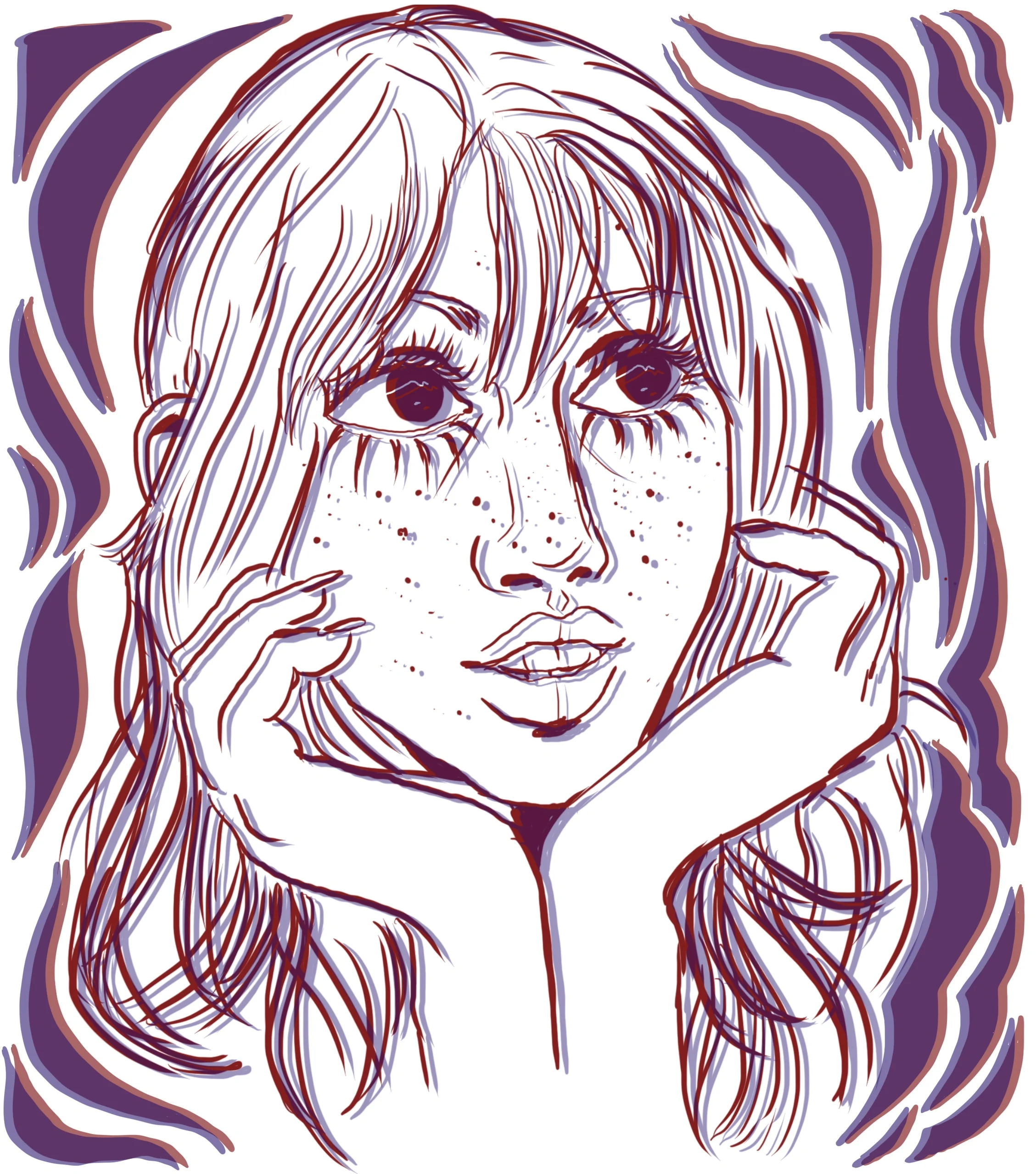by Matt McKinzie
Many people who know me know that I am a huge Shelley Duvall fan. Often times they furrow their brow in bewilderment when I gush about the actress. You mean the woman from The Shining who just cries all of the time? Yes, that woman. The woman from The Shining who cries all of the time, and who was perhaps one of the greatest actors of 1970s American cinema--and of cinema at large.
When people think of the “greats,” some names immediately come to mind: Brando, Hepburn, Streep, Davis, De Niro. And the list goes on. Rarely is the name “Shelley Duvall” uttered on that list. That’s because Shelley Duvall was, and is, exactly what the greats weren’t--and in spectacular and equal measure. She slipped in and out of polar opposite roles without having to change a single thing about her physical appearance. One moment she is the meek and unassuming daughter of a gas station attendant in Thieves Like Us, and the next minute she is a fast-talking New York journalist upstaging Woody Allen (ugh) in Annie Hall. On Monday, she is Millie Lammoreaux, the glamorous, delusional, and slowly-disillusioned rehab nurse in 3 Women, but by Friday she is the hysterical and markedly unglamorous wife of Jack Nicholson in The Shining. By Saturday, she is quite literally a cartoon character--transforming, before our eyes, into Popeye’s Olive Oyl, playing cheerful bride to none other than Robin Williams.
illustration by Elinor Bonifant
She achieves all of this--prolificity, tremendous versatility--practically without batting an eye. Sure, there were a few costume changes here and there (who can forget that iconic yellow dress from 3 Women? With the yellow wallpaper to match?). But the one thing that never--ever--changed was her face. In an industry overflowing with prosthetics and practical effects--enough to make Christian Bale quite literally become Dick Cheney--Shelley Duvall never abandoned a makeup-free, utterly natural state. This considered, it is also important to recognize that she did not fit into the movie star mold. She was never considered a “glamour girl” in the traditional sense. Her large eyes, superfluous smile, towering presence, and syrupy Southern drawl rarely matched the look and persona of her contemporaries. She scarcely fit a certain “type”--never playing the ingenue, the love interest, the “femme fatale.” But these qualities made her one-of-a-kind, and filled each performance she delivered with a charming and completely captivating sense of singularity. No one could be Shelley Duvall but Shelley Duvall. And no one other than Shelley Duvall could give a Shelley Duvall performance; a performance style where, much like Bale becoming Cheney, she became each distinct character she assumed, but never abandoned a sense of vulnerability, a tactile earthiness, and a complete naturalism that allowed her to stay utterly true to herself in a business built on a love affair with facades. Simply put, there was nothing standing between her and the camera. Everything about her was and is so...immediate.
It is these qualities that often finds Duvall at the mercy of some extreme vitriol. Her unwillingness to fit into a specific mold or industry norm bewilders those who place weight on such silliness. Furthermore, Stephen King blames his hatred for The Shining on Duvall’s performance, noting, “she’s basically just there to scream and be stupid.” Here, King is failing to realize three things: the strength, willpower, and ultimate sensitivity it takes a person to go to such extreme emotional lengths; the fact that Duvall was put through absolute hell on set by director Stanley Kubrick; and the fact that--amid all of this--she quite literally saves the film. Our ability to identify with Duvall’s poignant, palpable expression of terror turns what could have otherwise become a camp comedy (considering the often cartoonish nature of Nicholson’s performance) into what is now considered one of the greatest horror films ever made.
So who is Shelley Duvall? Yes, she is the screaming wife of Jack Nicholson in The Shining. But because of that, she is also a supreme torch-carrier for the role and importance of women in the horror genre. Beyond this, she is easily one of the most talented and underappreciated actors of the American New Wave--and American cinema in general. And ultimately, she is an artist who (as trite as it sounds) never abandoned her authentic self, in the face of forces that asked her to abandon (and too often attacked her for not abandoning) everything that made Shelley Duvall...well...Shelley Duvall.
In that way, let her be an inspiration to us all.

